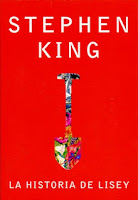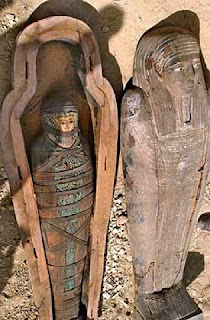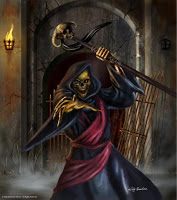Author: Suzanne Collins
First Edition: 2009
Category: Science Fiction/Adventures
Pages: 391 (First Edition)
Suzanne Collins

Suzanne Collins was born on August 10th of 1962, at Hartford, Connecticut. American writer and scriptwriter. Her career started in 1991 as a scriptwriter of children's TV shows. She also worked in several projects of Nickelodeon; she was the major mind behind "Clifford" (the big red dog), and got a nomination to the Writers Guild of America for her work as a co/writer of the Christmas special "Santa Baby!", acclaim by the critics. Her career as a novelist started when she met James Proimos, a writer who inspired her to write children's book. That's how, in 2003, she released her first novel "Gregor the Overlander", the first book of "The Underland Chronicles" saga. However isn't until 2008, when "Hunger Games" saw the light, that her fame began. This first Hunger Games trilogy's book has sold 500.000 copies and has been translate to more than 26 languages.
What I Think...
When I read "Hunger Games", two feelings remained when I finished it. The first one is that it's a romance book disguised as an adventure book but still the story is interesting, rich, and you can make the best of it. The second feeling is that the author actually didn't take the best of it.
As a remember, Hunger Games is about Katniss Everdeen, a girl who live in Panem, District 12, the poorest of the 12 districts because they are miners of coal. Panem is govern by the Capitol, a dictatorship. Every year each District has to chose two tributes, among their inhabitants, who has to fight among them and with the other tributes of all the districts because only one will survive and return home.
Panem's people, week and oppressed don't have the strength to fight against the Capitol and thats why every year at least 23 boys and girls die in the Hunger Games while the inhabitants of the Capitol enjoy the games like they weren't seeing real people killing each other. Except this year. This year, both the tributes of District 12, Katniss and Peeta Mellark, rise up against the Capitol, (without knowing), when they decide to kill themselves if they can't go back home together. Finally the Capitol stops the games and let them go.
However this act of rebelion, started by Katniss, fires up the desire of freedom of Panem's people, the need of fight for their rights, for their life, for justice. Katniss became the symbol of the rebellion against the cruelty of the Capitol. She became the Mockingjay.
Thats how the second book, "Catching Fire" starts. With strike rumours, whit the President Snow threatening Katniss that she need to pretend to be really in love with Petta to stop the people to think she wants a revolution.
I won't talk anymore of the plot of this book, because I don't want to kill all the surprises, but I want to told you how I felt when I finished it. As when I finished Hunger Games, with Catching Fire, I also felt like something was messing. Actually I thought that maybe my book was incomplete or lacking of some chapters.
It's a book that feels unfinished, like a summary. Like something that has been done quickly to sell it rapidly. It lacks of a global look of the story. I think the principal problem is that it's written in first person, it is Katniss who tells the story, so we only have one perspective of it. We don't know what the Capitol is doing to stop the rebelion, what is the President Snow thinking, how is the people of Panem working together and organising the strike. We don't know anything but one point of view. I think it is important to know everything that is happend in a story, to have the complete picture of it; without all the visions it is just emotionless, empty, blah.
So, I have to say one more thing. I'm really looking forward to watch the film, to finally know all the others edges of this story, that the author, in an explosion of, maybe, laziness, did't show us. So lets wait for the movie to really enjoy this amazing story.
Seguir a @Nekitosayuri





















